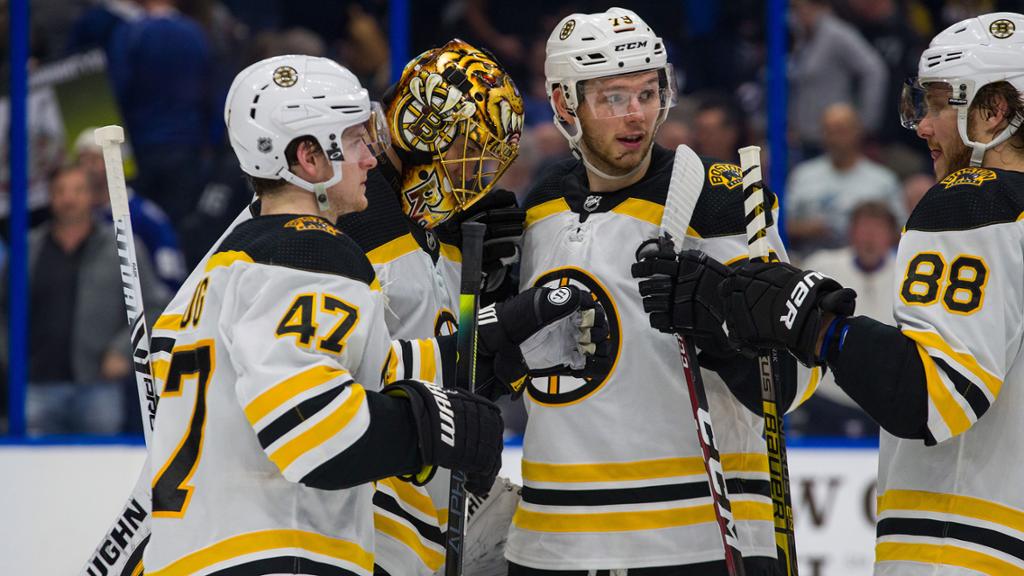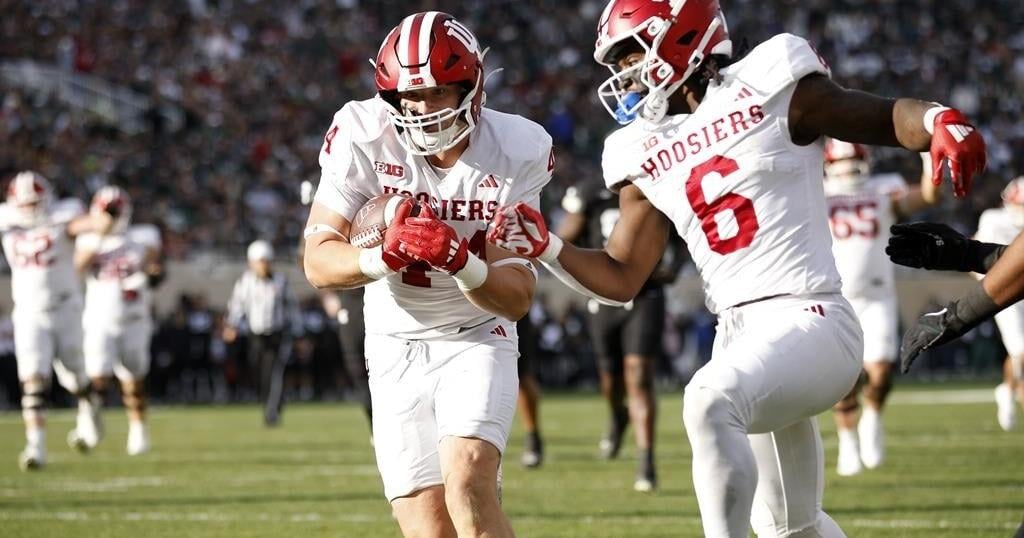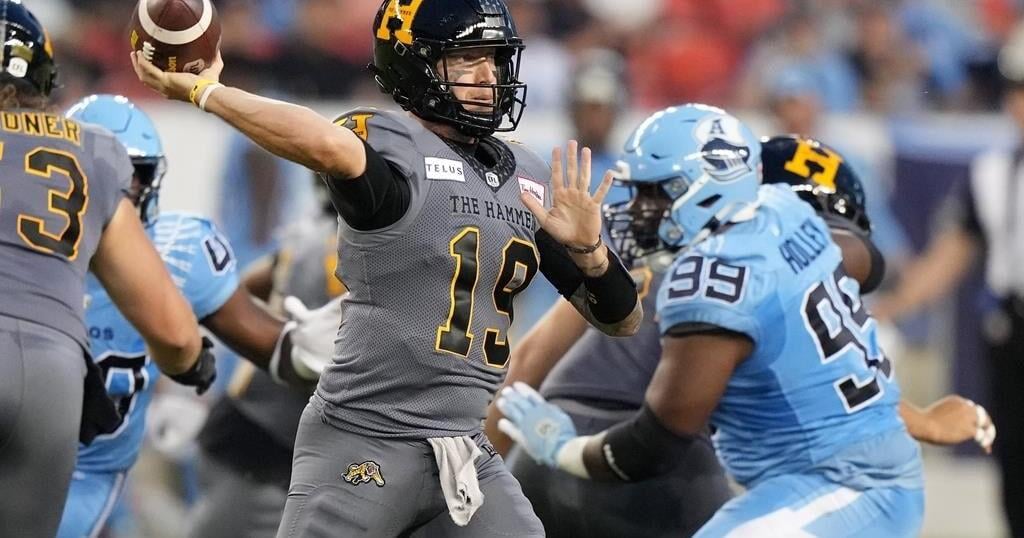The Winnipeg Jets captain grew up 20 minutes outside Minneapolis, where a white police officer has been charged with third-degree murder after George Floyd, a black man, died in custody May 25, sparking protests in cities across the United States.
“Clearly, it’s hit home,” Wheeler said.
Calling the destruction caused by some heartbreaking, Wheeler said for the most part he’s proud of his hometown “for the people standing up and not tolerating this anymore and helping each other clean up the mess.”
Wheeler was one of the first NHL players to share his thoughts publicly when he wrote a post on his Twitter account Saturday. More NHL players and teams have made statements via social media since.
Why now? Especially for white players like Wheeler, when a black player like San Jose Sharks forward Evander Kane, who played with Wheeler in Winnipeg, has been speaking about it for a long time?
Wheeler cited the graphic video of the death of Floyd and the pause of the NHL the season since March 12 due to concerns surrounding the coronavirus.
“I think putting a visual to what’s being talked about, I think it’s changed for a lot of people,” the forward said. “I think you read about it and you hear about it and you know it’s injustice and you know how horrible it is, but then once you see it, you’re able to … It puts it in a new light.
“Being in a pandemic right now where people … You know, there’s no other distraction. We’re not preparing for a game tomorrow. Our minds don’t go elsewhere right now. Like, we’re able to really digest this, and I think that that has made it to the point where guys just … You can’t be silent anymore.”
[RELATED: Players comment on calls for racial justice | NHL statement]
Wheeler and his wife, Sam, have been showing news reports to their children: Louie, 7; Leni, 5; and Mase, almost 3.
“They watched George Floyd die on TV,” Wheeler said.
Though things don’t register as much for the younger children, they are challenging to explain to the 7-year-old.
“I mean, he’s asking, ‘Why won’t he get off his neck? Why won’t he get off his neck?'” Wheeler said.
The Wheelers have not been in Minnesota, self-quarantining at their offseason home in Florida.
“We would have loved to take our family out to the protest to show [the children] how powerful it can be and really what a beautiful thing it was, all the people coming together in our hometown,” Wheeler said. “So we’ve talked about it a lot and showed them as much as we can to just try to continue that education and try to show them and really have it be imprinted in their mind that this is what it should look like.”
Wheeler said white athletes have to be as involved as black athletes.
“It can’t just be their fight,” he said. “… I want to be real clear here: I look in the mirror about this before I look out at everyone else. I wish that I was more involved sooner than I was. I wish that it didn’t take me this long to get behind it in a meaningful way. But I guess what you can do is try to be better going forward. …
“As pro athletes, we have a platform. I think that in and of itself is a big step to put yourself out there and talk about it. It’s not an easy thing to do. … I think it’s something that over time we need to be more comfortable doing, but we need to be OK voicing our opinion on this.”
Wheeler, who has represented the United States in international competition, said he feels strongly this is has nothing to do with politics.
“I think we can all agree this is a problem, and human rights should apply to everyone,” he said. “Whether I’m voting Democrat or I’m voting Republican, I think I can find a candidate on either side that this is important to and agrees with the fact that this needs to stop.”
Asked if he was worried about his country, Wheeler said, “Yeah, terribly, honestly.” He talked about how he was a worrier by nature and the list of problems that seems never-ending.
“To have a country be going through this economically, socially, everything, and then we’re still, we’re still, treating each other like this, yeah, it’s worrisome,” he said. “But being American, growing up, though, I truly believe that better days are ahead, and through that anxiety and through that fear and through kind of that worry about the country, I’m optimistic and hopeful about the future.”
Wheeler’s father, Jim, grew up in Detroit, which went through racial unrest in the late 1960s.
“He just said, ‘My generation didn’t get it right, and hopefully yours does,'” Wheeler said. “So I’m hopeful my generation and my kids’ generation fix this and get this country so that there’s better days ahead.”
























